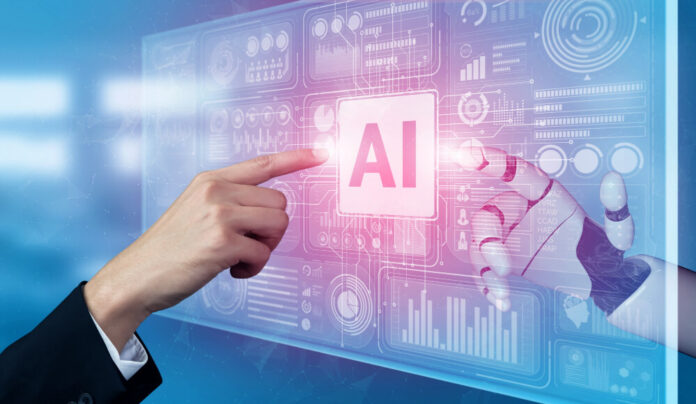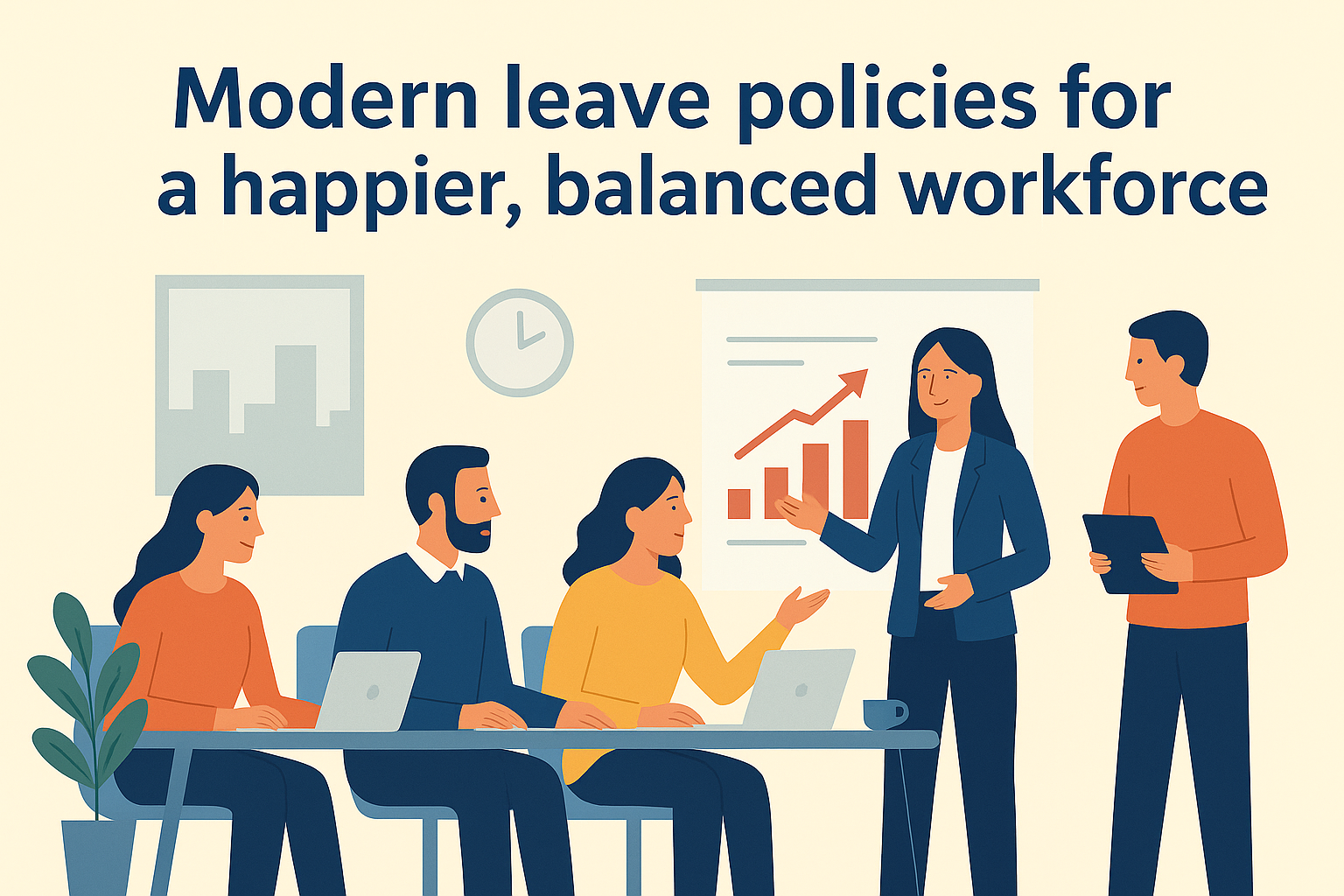Generative AI (Gen AI) rapidly transforms industries, and software engineering is no exception. According to Gartner, by 2027, 80% of software engineers will need to upskill to keep pace with technological advancements. Gen AI will play a crucial role in this evolution, creating new roles and fundamentally altering how engineers approach software development. Human expertise and creativity will remain essential to shaping and developing innovative, high-quality software.
This shift will have a profound impact on both new graduates entering the workforce and seasoned professionals. As AI becomes increasingly integrated into daily operations, software engineers will need to expand their skill sets through additional courses and training. The move toward AI-driven software development will not only enhance productivity but will also push engineers to focus on mastering new tools and technologies that can streamline their work.
The Short-Term Impact of Gen AI on Software Engineers
In the short term, Gen AI promises to be an invaluable asset, especially for senior developers in organizations with advanced engineering practices. AI tools will help augment the productivity of software engineers by optimizing workflows and automating routine tasks.
From writing code to generating documentation and troubleshooting, AI can handle several elements of software development that would traditionally take up a significant amount of an engineer’s time.
As AI tools become more advanced, the role of developers will shift. Engineers will still be responsible for overseeing the coding process, but much of the heavy lifting in terms of writing code and resolving errors will be handled by AI-powered tools. As a result, engineers will need to become proficient in using these AI systems to enhance their productivity and reduce manual labor.
Medium-Term: The AI-Native Era
Looking ahead to the medium term, Gartner predicts that the rise of an AI-native era will fundamentally alter how software is developed. In this era, AI will take on more responsibility for writing code and building software, allowing engineers to focus on higher-level tasks. This shift will also bring about new AI-powered software development tools that can handle everything from error handling to optimizing algorithms.
Engineers will need to upskill by becoming proficient in AI tools that help them write code, create documentation, and refine algorithms. Understanding how to work with AI models and leveraging tools like natural-language processing (NLP) and retrieval-augmented generation (RAG) will be critical in this new landscape. As AI-driven development tools continue to evolve, it will be important for software engineers to stay on top of these emerging technologies to remain competitive.
Long-Term: The Rise of AI Engineering
In the long term, the role of software engineers will continue to evolve as AI technologies become more integrated into every aspect of development. Gen AI is expected to break new boundaries and lead to the creation of AI engineering roles that combine elements of software engineering, data science, and machine learning. Rather than replacing engineers, AI will empower them to focus on innovative, creative tasks that require human intuition and expertise.
While there may be concerns about AI replacing human workers, Gartner suggests that AI will instead create new opportunities. As AI takes over repetitive and time-consuming tasks, engineers will be able to dedicate more time to developing new, creative solutions. This will lead to an increased demand for professionals with skills in both software engineering and AI/ML.
A 2023 Gartner survey found that 56% of software engineering leaders in the US and UK consider AI/ML engineering to be the most in-demand role for this year. They also noted a significant skills gap when it comes to applying AI/ML to real-world applications. This highlights the need for both emerging and existing professionals to upskill and familiarize themselves with AI/ML concepts to meet industry demands.
Upskilling for the Future
To support the adoption of Gen AI, organizations worldwide will need to invest in AI development platforms that enable more efficient AI integration into enterprise solutions. This will require a shift in the skills of data engineers and platform engineers, who must embrace new tools and practices to support continuous integration and deployment of AI-based systems.
Universities and educational institutions will also need to adapt by incorporating AI-centric concepts into their curricula. Topics like machine learning fundamentals, NLP, and AI-driven development frameworks will be essential for preparing future generations of engineers.
The Role of Ethics and Security in AI Development
As Gen AI becomes more integrated into the software development process, the ethical implications of AI will become increasingly important. Engineers must ensure that AI systems are designed with fairness, transparency, and accountability in mind. They will also need to address concerns around data privacy and security, protecting AI-powered tools from adversarial attacks and ensuring they remain secure.
Global Opportunities for Software Engineers
The rise of Gen AI is also expected to lead to a global shift in recruitment patterns. As AI tools become more advanced, software engineers will have the opportunity to work across borders, leading to a broader talent pool. This could open up employment opportunities in regions that were previously less accessible, potentially leading to a more interconnected global workforce.
Conclusion
Generative AI is set to revolutionize the world of software engineering, creating new opportunities and challenges for engineers. To remain competitive, engineers will need to upskill, embracing new technologies and tools that can help them work more efficiently and creatively. The future of software engineering is undeniably intertwined with the rise of AI, and those who adapt to these changes will be well-positioned to thrive in an AI-driven world.
As organizations and individuals embrace this transformation, they will not only ensure the continued relevance of human expertise but will also unlock new potential in AI-driven software development. The shift toward AI is an opportunity for engineers to shine by merging their creativity with the capabilities of cutting-edge technologies like Gen AI.
I hope you find the above content helpful. For more such informative content please visit HR Global Hub.











